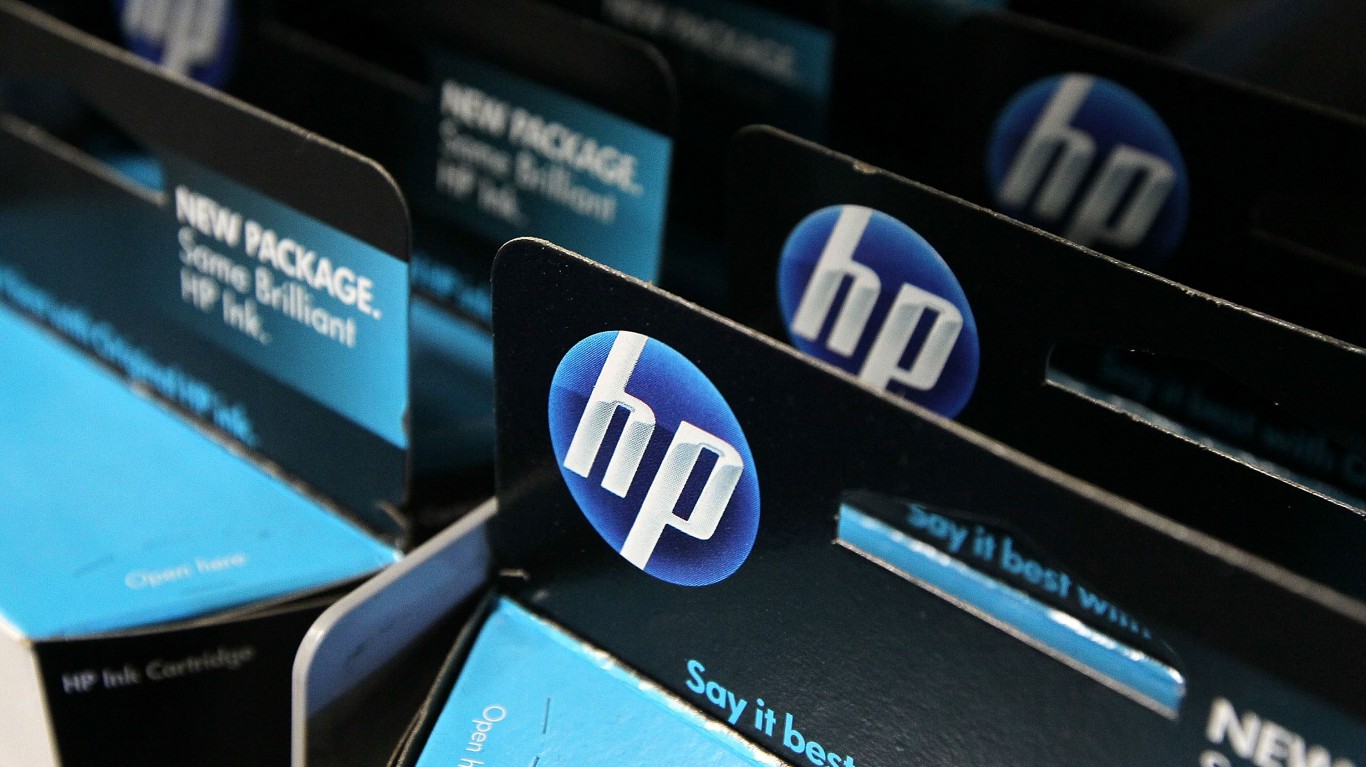Technology
As the Xerox and HP Merger Fades, Coronavirus Victim or Common Sense?

Published:

Some mergers are good ideas and others are not. The case of Xerox Holdings Corp. (NYSE: XRX) trying to leverage its books with a mountain of debt to acquire HP Inc. (NYSE: HPQ) fell into the camp of not a good idea. With the growing market panic and slowing economy, Xerox announced that it was pausing its campaign to acquire HP and noted its own actions about the coronavirus.
As far as how this was going to work, it would be with a figurative mountain of debt from creditors. HP’s market cap was still $25 billion on last look, and it had been $34 billion at a recent peak. Xerox’s market cap was just $5.1 billion. As far as why this is a bad idea, how many people think that taking on billions of dollars worth of debt on a company that is very economically sensitive is a good idea heading into what may be a rapidly slowing economy?
If Xerox finds that the market is a bit confused about the newest merger/non-merger announcement, it was just three days earlier that Xerox filed its preliminary proxy statement for a special meeting to approve a share issuance for the transactions. On that front, Xerox was to seek to amend its charter to increase the number of authorized common shares. Xerox did not set a record date or a meeting date for the special meeting.
In the release tied to the proxy data three days ago, Xerox reaffirmed its tender offer acquire HP for $24.00 per share. The terms were calling for $18.40 per share in cash and also 0.149 Xerox shares for each HP share. At that time, Xerox also noted that the recent trading halt around circuit breakers on the New York Stock Exchange was not a “failure of any condition to its offer to acquire HP.”
It should go without saying that business conditions have dwindled in the wake of the coronavirus getting out of China and turning into a global pandemic. Companies such as Apple and Microsoft already have dialed back their guidance, as have OEM manufacturers and many other companies down the industrial and services chain. If a company is not issuing a formal warning at this time, it is more than likely to simply withdraw its annual guidance until it can see how long the coronavirus sticks around and wrecks the global economy.
John Visentin, Xerox vice chairman and chief executive officer, said on Friday:
In light of the escalating COVID-19 pandemic, Xerox needs to prioritize the health and safety of its employees, customers, partners and affiliates over and above all other considerations, including its proposal to acquire HP. As we closely monitor reports from government and healthcare leaders across the globe and work with colleagues in the business community to minimize the spread and impact of the virus, we believe it is prudent to postpone releases of additional presentations, interviews with media and meetings with HP shareholders so we can focus our time and resources on protecting Xerox’s various stakeholders from the pandemic.
The Xerox press release also indicated that trading halts and market declines are not an issue in this case:
For the avoidance of doubt, Xerox does not consider the market decline since the date of its offer or the temporary suspension of trading in HP shares that occurred on March 10, 2020 and March 12, 2020 as a result of market-wide circuit breakers procedures to constitute a failure of any condition to its offer to acquire HP. Xerox will take the same view on any future temporary trading halts, unless otherwise stated in advance.
24/7 Wall St. has suggested that if this merger really is a good idea, why is it not being done in reverse to avoid piling on a mountain of debt?
After about 90 minutes of trading on Friday, Xerox shares were down 0.3% at $23.81, as well as down from a 52-week high of $39.47. HP’s shares were up 0.3% at $17.54, but that is down from a 52-week high of $23.93.
Thank you for reading! Have some feedback for us?
Contact the 24/7 Wall St. editorial team.